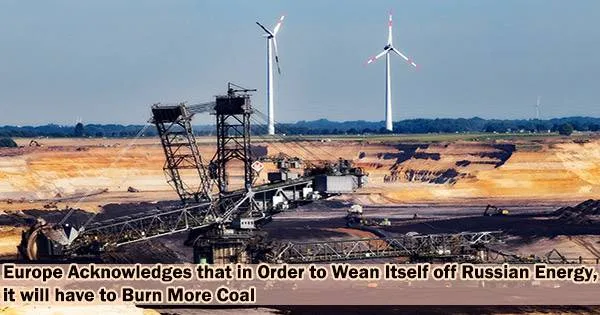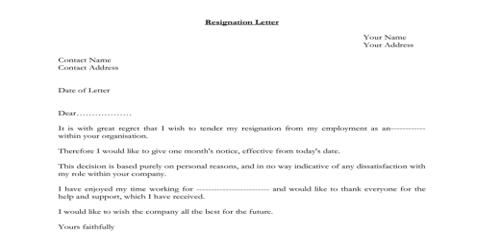While conceding that existing coal plants may need to be operated for “longer than initially thought,” the European Commission has developed specifics of a strategy to increase the EU’s renewable energy capacity and lessen its dependency on Russian fossil fuels.
On Wednesday, a paper defining the Commission’s objectives for the REPowerEU plan was released. It emphasized the significance of energy conservation, the need to diversify energy imports, and the need to hasten “Europe’s clean energy transition.”
Between 2022 and 2027, it anticipates additional investment of 210 billion euros ($220.87 billion). The Commission has suggested raising the current objective of 40% by 2030 to 45% for the share of renewable energy in the EU’s energy mix.
The Commission’s recommendations were released on the same day as the governments of Belgium, Denmark, Germany, the Netherlands, and Denmark declared their intention to work toward a joint goal of at least 65 gigawatts of offshore wind power by 2030. They want to reach a 150 GW capacity by the middle of the century.
On the fossil fuel front, the situation is a challenging one. According to Eurostat, Russia was the EU’s top supplier of natural gas and crude oil in 2017.
The EU will need to acquire oil and gas from other regions of the world to fill supply shortfalls since it wants to wean itself off Russian hydrocarbons in response to the latter’s invasion of Ukraine.
The Commission estimated that in order to safeguard the oil supply, investments of between 1.5 and 2 billion euros would be required. By 2030, it is anticipated that 10 billion euros would be required to import sufficient amounts of pipeline gas and liquefied natural gas from other sources.
All the above comes at a time when the EU has said it wants to be carbon neutral by 2050. In the medium term, it wants net greenhouse gas emissions to be cut by at least 55% by 2030, which the EU calls its “Fit for 55” plan.
The Commission said REPowerEU could not work without what it called “a fast implementation of all Fit for 55 proposals and higher targets for renewables and energy efficiency.”
In this new reality, gas consumption in the EU would “reduce at a faster pace, limiting the role of gas as a transitional fuel,” the Commission said.
“However, shifting away from Russian fossil fuels will also require targeted investments for security of supply in gas infrastructure and very limited changes to oil infrastructure alongside large-scale investments in the electricity grid and an EU-wide hydrogen backbone,” it added.
“In parallel, some of the existing coal capacities might also be used longer than initially expected, with a role for nuclear power and domestic gas resources too,” the Commission said.
During a press conference on Wednesday the EU’s climate chief, Frans Timmermans, admitted that using less natural gas in a transitional phase would mean “you might use coal a bit longer that has a negative impact on your emissions.”
“But if at the same time, as we propose, you rapidly speed up the introduction of renewables solar, wind, biomethane you then have the opposite movement,” he said.
Timmermans, who is the European Commission’s executive vice president for the European Green Deal, went on to stress the importance of finding a middle ground.
“If we can actually do what I say reduce our energy consumption in combination with a speedier introduction of renewables we will bring down our emissions even quicker than before,” he said.
“And then, of course we will have slightly higher emissions if people stick a bit longer to coal, but we need to strike the balance so that, on balance, we do not increase our emissions we hopefully even decrease them more.”
Coal has a substantial effect on the environment, with Greenpeace describing it as “the dirtiest, most polluting way of producing energy.”
A variety of emissions from coal burning are listed elsewhere by the U.S. Energy Information Administration, including carbon dioxide, sulfur dioxide, particulates, and nitrogen oxides.
Several environmental organizations criticized the European Commission’s announcement.
“These plans are supposed to fast-track the clean energy transition but the European Commission’s latest strategy gives with one hand and takes with the other,” Eilidh Robb, an anti-fossil fuels campaigner at Friends of the Earth Europe, said.
“So-called REPowerEU contains useful and necessary strides towards renewable solutions but it simultaneously enables almost 50 fossil fuel infrastructure projects and expansions,” Robb said.
















